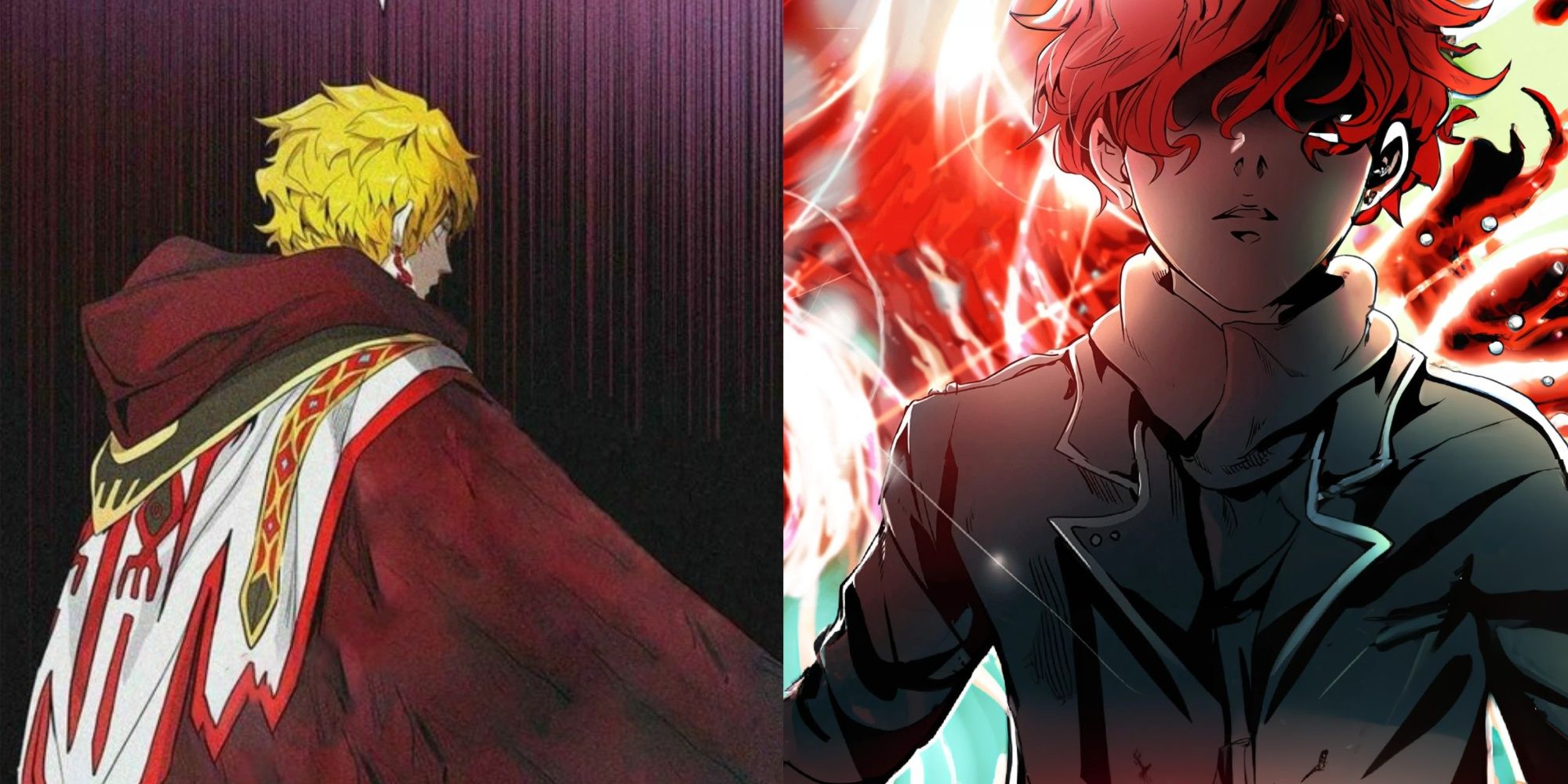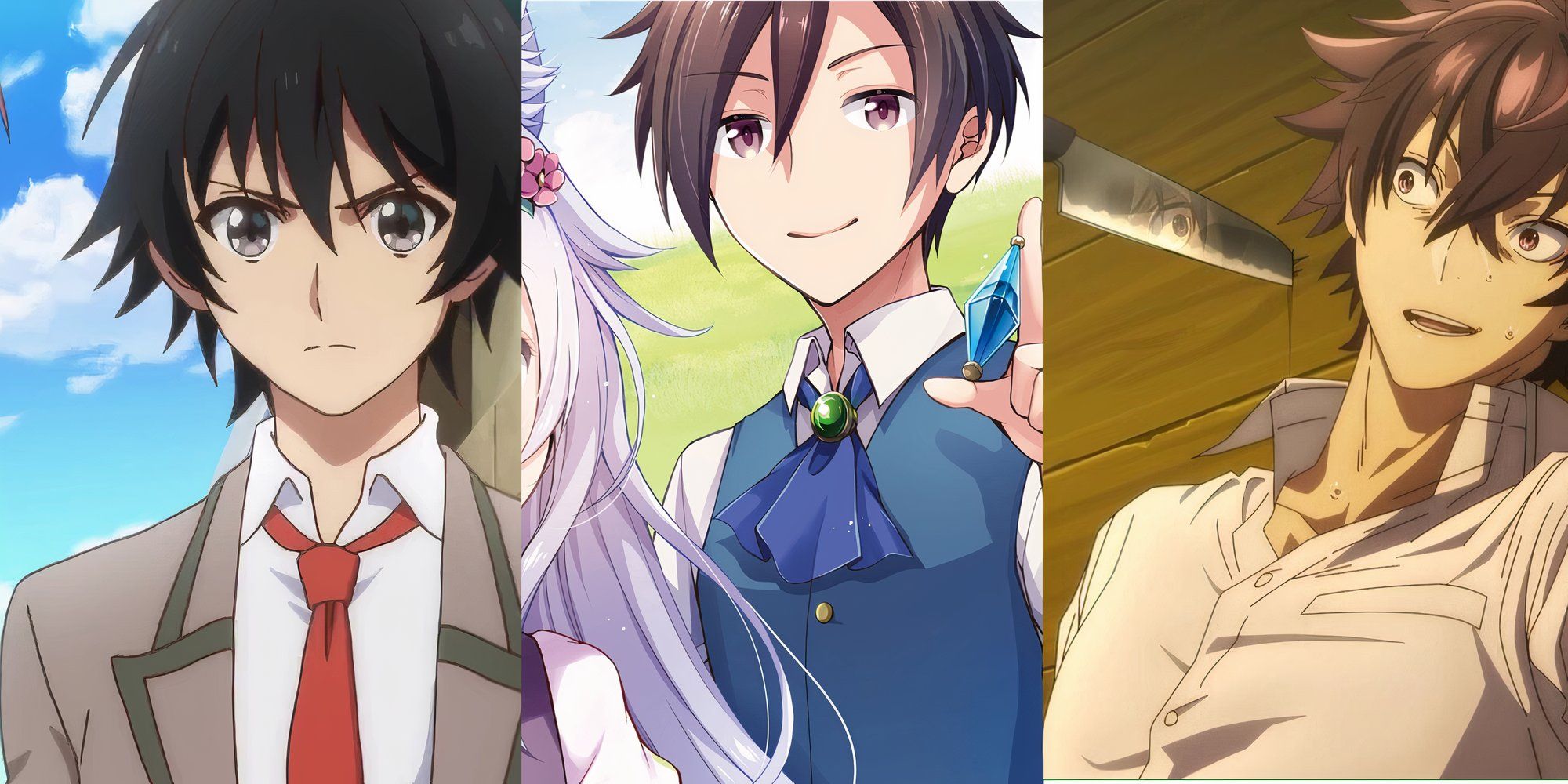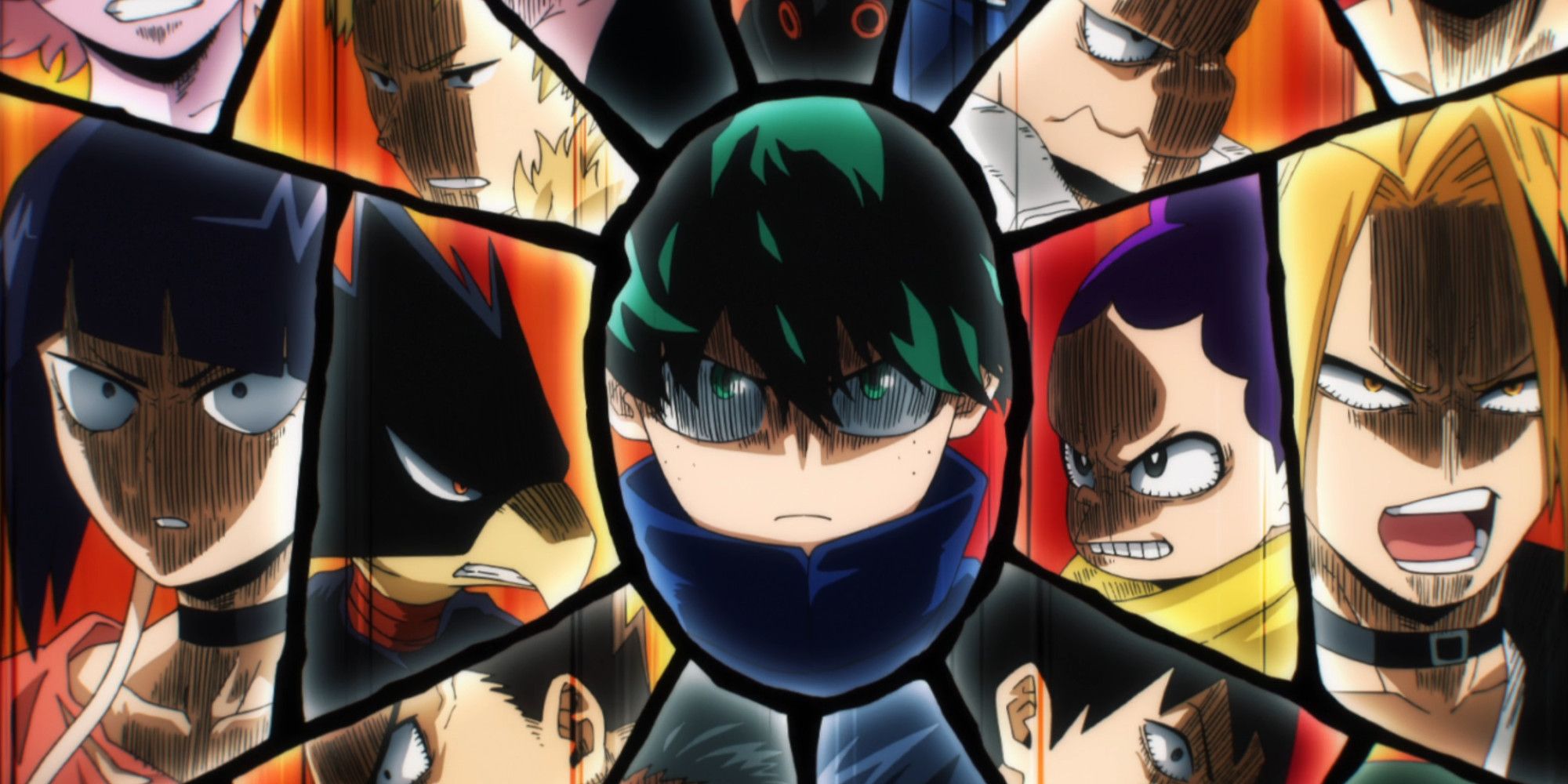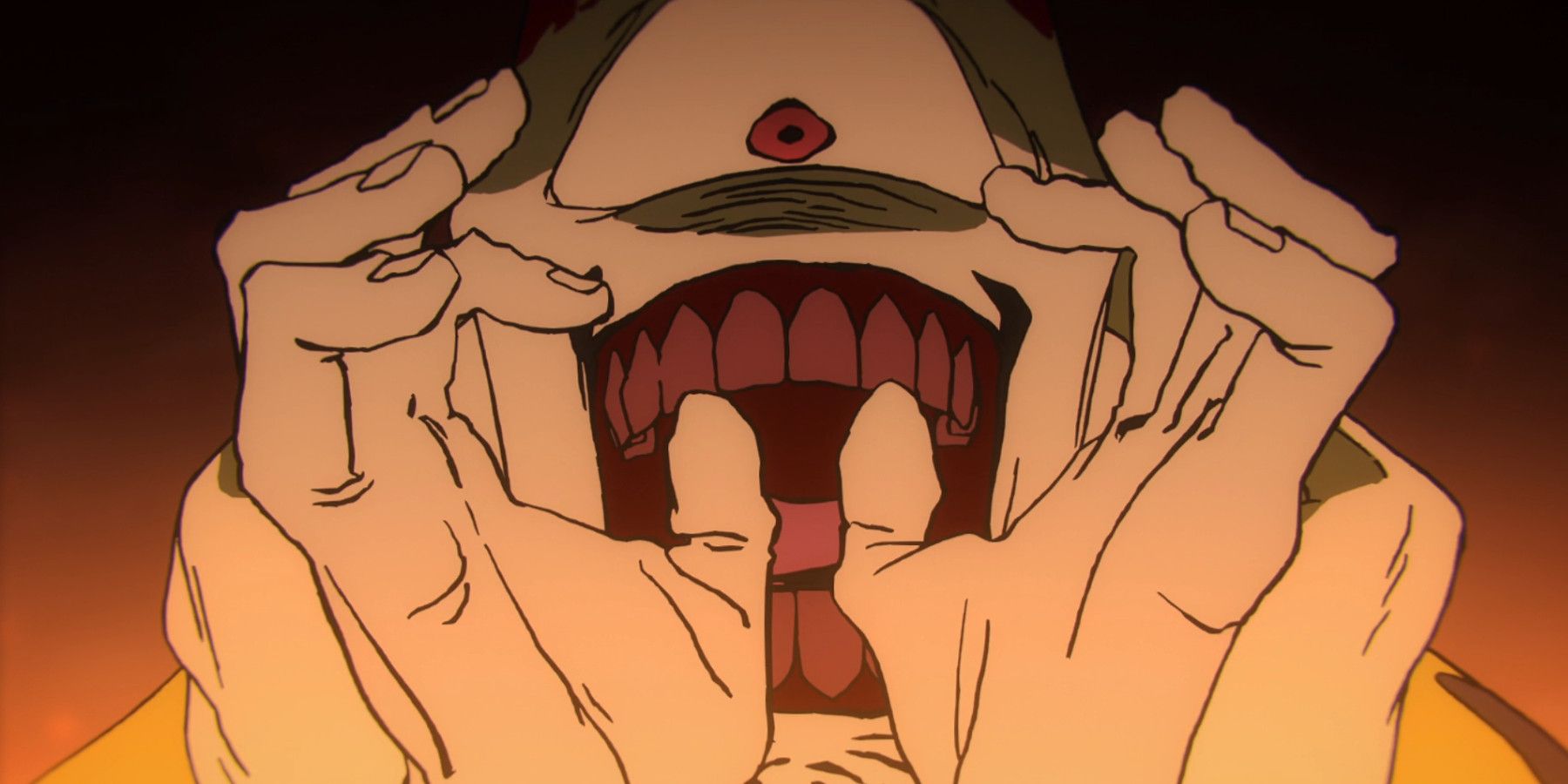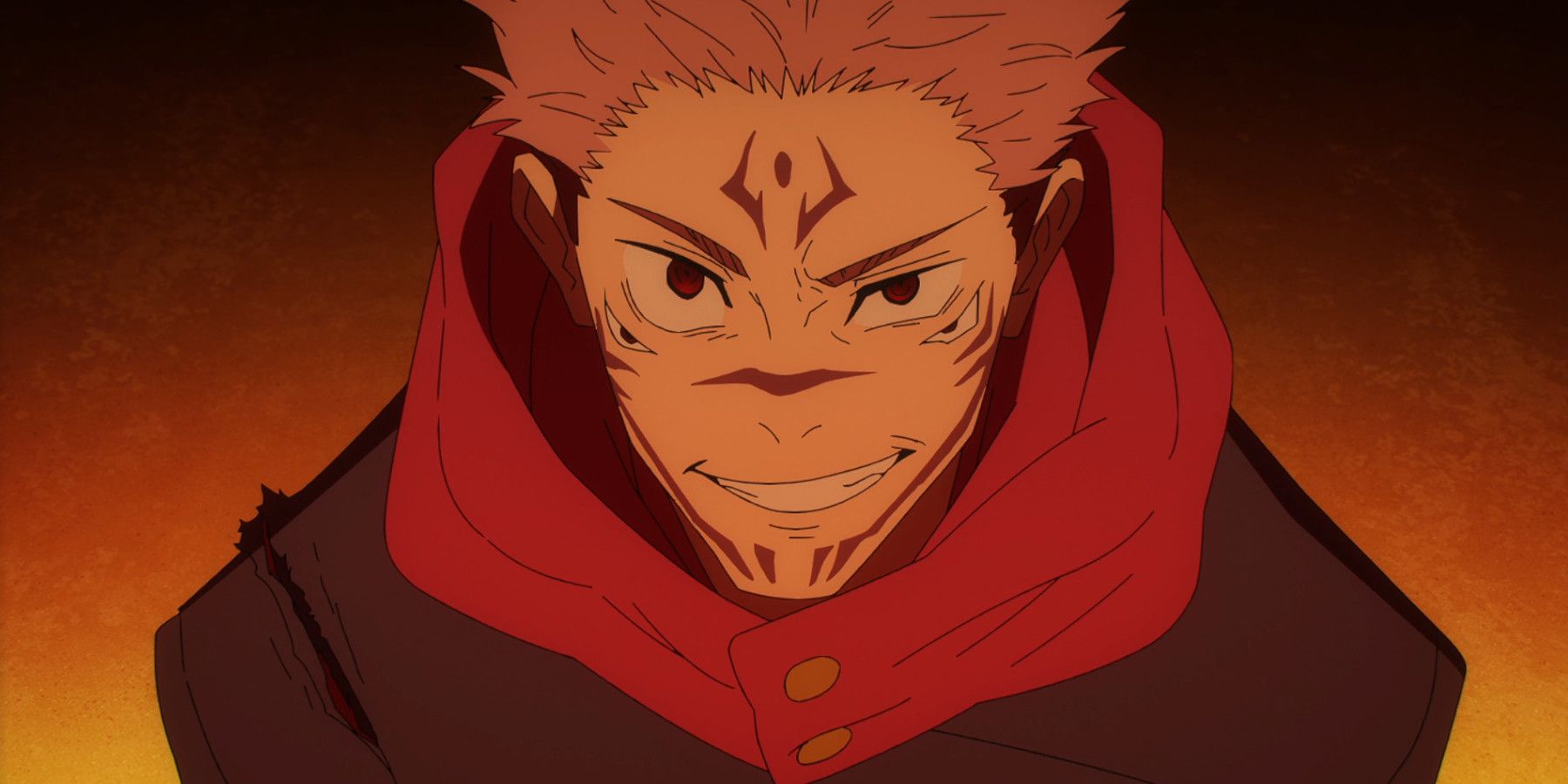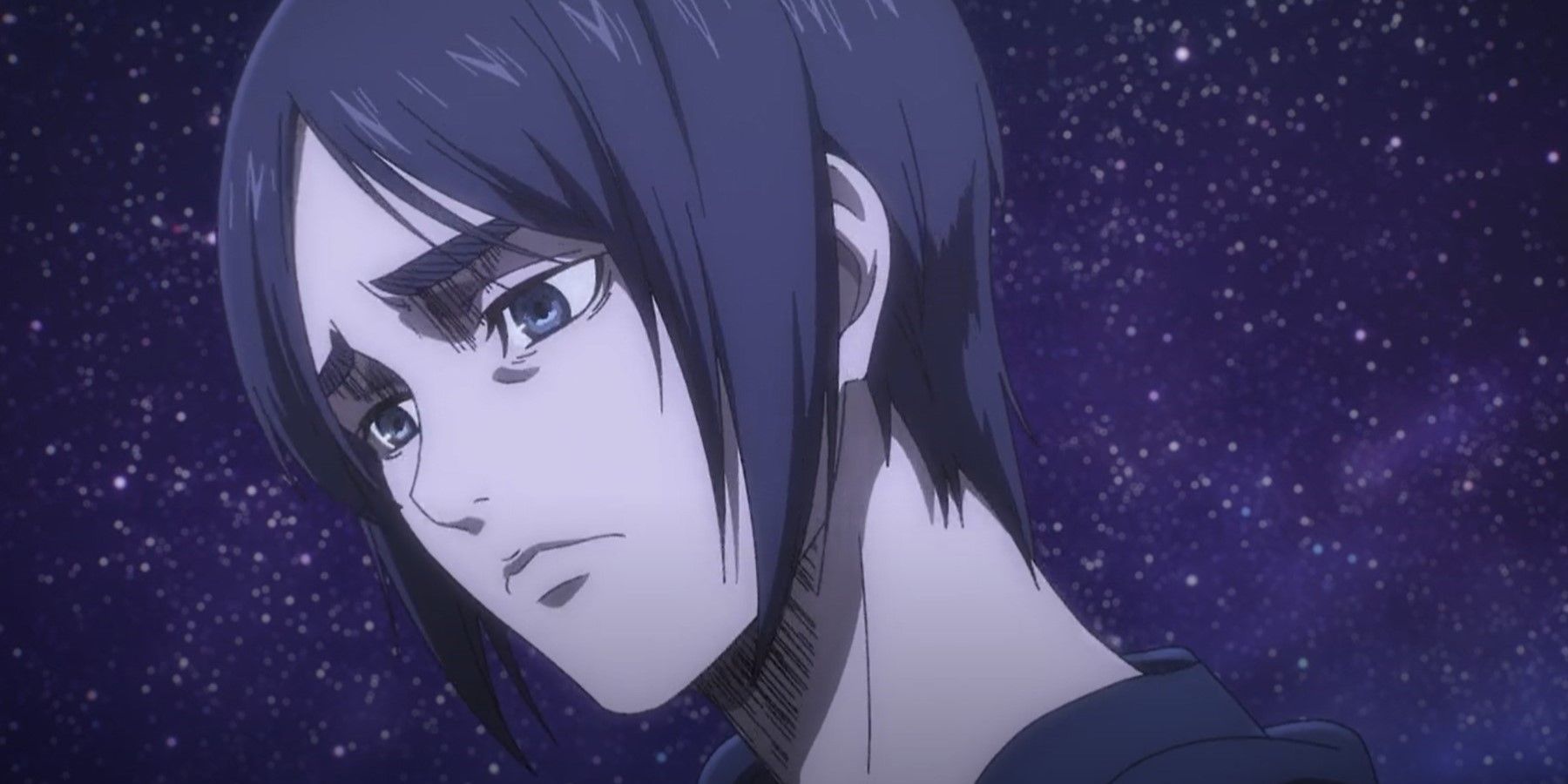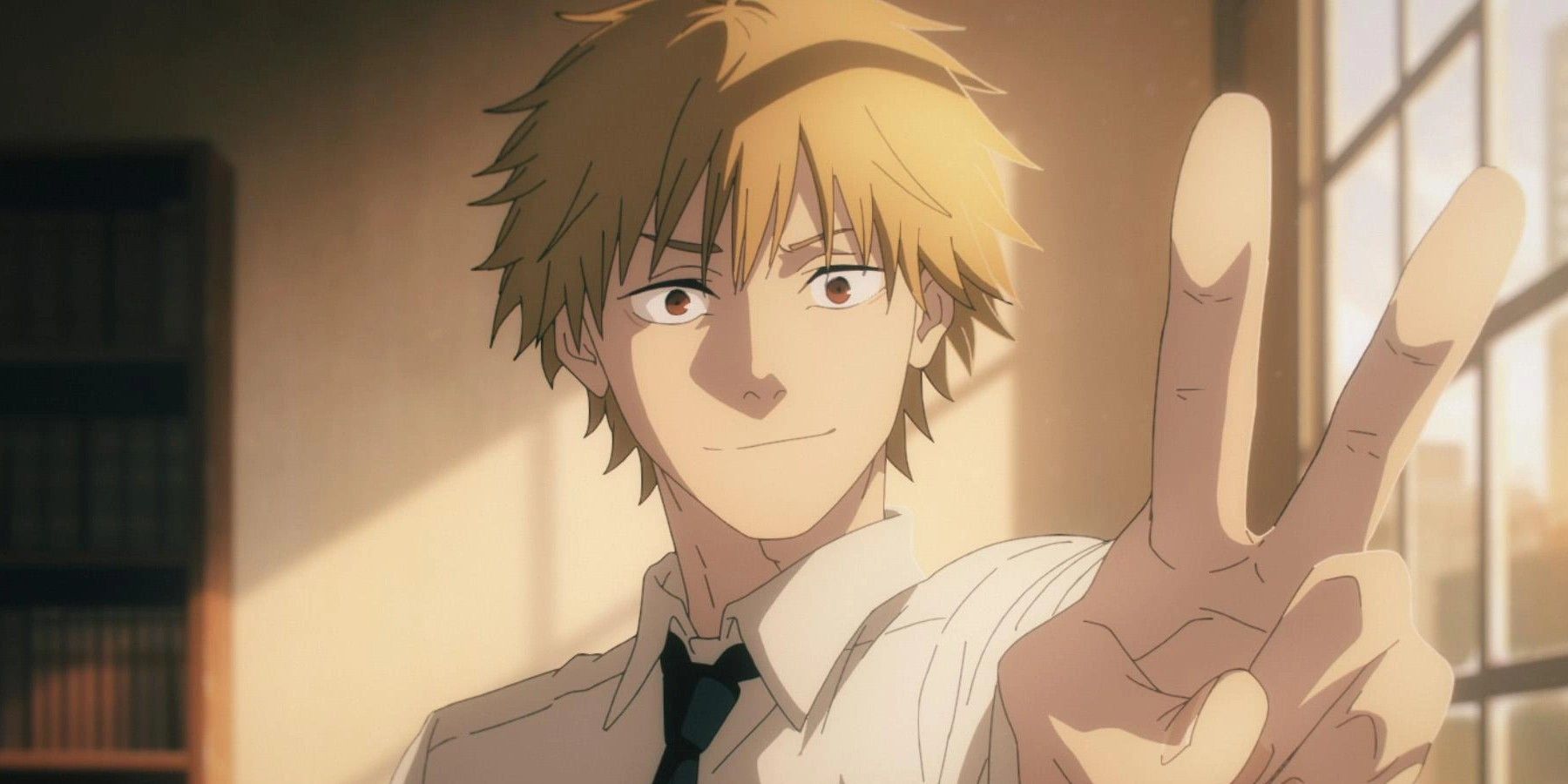Highlights
- Last week's episode of Jujutsu Kaisen was met with mixed reactions, with many expressing sheer joy over the action-packed pacing but indicating a concerning trend towards the downfall in quality.
- The conditions have become well known and talked about in the anime world, from the audience consuming the product to the very animators providing their hard work to deliver episodic series.
- MAPPA's tendency to take on several high-budget, action-based IPs is becoming a talking point when comparing the animation studio to its competitors.
Last month, MAPPA's working conditions were a major talking point in the anime sphere as several animators expressed their concerns — and in some cases, pure disdain — over the working conditions of the animation studio. While it comes as no surprise that animators are being worked to the bone to deliver high-quality productions, MAPPA has earned a reputation for taking on more than it can handle and dropping it all on its workers.
In the latest episodes of Jujutsu Kaisen, many have become skeptical over the quality and started questioning whether the product was truly finished before it aired on television. While the action was intense and non-stop, and the story's plot continues to blossom, the art itself has been hit or miss. With rumors circulating of non-disclosure agreements, poor working conditions, and people physically dropping from exhaustion, it's hard to point the finger at those who hold the pencil.
NDA Rumors & Working Conditions Met With Backlash
On September 30, rumors began to circulate on social media that animators of Jujutsu Kaisen were made to sign a non-disclosure agreement that prevented them from speaking negatively about production. This comes at a pivotal time as fans of the series began noticing the drop in quality and started voicing their opinions publicly. While it's known that anime studios tend to be strict with deadlines and put in more hours than the norm, some animators have claimed they were working six and seven-day weeks, averaging around 12 hours per day.
Following episode 14 of Jujutsu Kaisen, episode director Hokuto Sadamoto released a statement discussing his disappointment with the finished product. Originally, Sadamoto wished to remain creditless for his role in the episode, but a leak tied his name to it, and he was met with harsh criticism. "I've done a job that nobody would appreciate, and I'm sure I'll continue to do so," Sadamoto said. "I'm sorry that I couldn't finish all 250 cuts in two weeks." The challenging deadline appeared to have cracked Sadamoto, who expressed his wish to perform better than what fans received.
One instance of MAPPA's unfavorable working conditions highlights Jujutsu Kaisen 0, a 105-minute film covering the prequel to Jujutsu Kaisen. The film did exceptionally well, pulling ¥13.75 billion at the Japan box office and $196.2 million worldwide, scoring a 4.9 out of 5 on Crunchyroll and a 98% approval rating on Rotten Tomatoes. Despite its financial success, the quick turnaround left many raising their eyebrows as the film took four months to complete, as opposed to the typical two-to-three-year turnaround.
MAPPA Animators Voice Concerns
In a now-deleted tweet, animator @JMulli02, who has worked on previous productions such as Zombie Land Saga R, MagiReco, and Priority Egg, was cited as the one who leaked these allegations but did not cite the studio he was referring to. As many pointed out by the words he chose, MAPPA Studios was the culprit, and it was quickly followed up by several animators who corroborated similar cases. Fellow animator Honehone added that MAPPA executives only care about the finished product, pointing out that animators were meeting completion dates which would be impossible under normal circumstances, only for the "people above" to fail at making any improvements.
MAPPA's CEO did nothing but attempt to douse out the fire with more fuel, expressing his interest in increasing productivity to remain competitive with other high-ranked animation studios. The CEO goes on to say that they desire to continue rolling out high-quality anime in as short amount of time as possible, all but confirming the unrealistic standards being placed on its staff. Studios like Kyoani and Ufotable were among those they compared themselves to, a statement that was met with anger on social media, as many pointed out Kyoani's dedication to training their staff with a thorough program and offering salaried positions.
Arai Kazuto, the director and storyboard of Jujutsu Kaisen episode 13, made his voice heard after revealing that staff assigned to work on the episode had requested a delay from the production committee, which was denied. Some episodes were reported as being produced just hours before they would air on television, highlighting a bigger problem with the production standards. Unfortunately, the price to pay is the sacrifice of the animators putting their health on the line to fill the pockets of the studio's executives, but there is still a chance for the situation to be rectified.
Ways MAPPA Can Make Peace With Animators
The number one reason why MAPPA animators are being so overworked is due to the sheer amount of properties the studio is undertaking in a short amount of time. In just 12 years, MAPPA has become responsible for the delivery of series such as Attack on Titan, Chainsaw Man, Jujutsu Kaisen, Vinland Saga, Zombie Land Saga Revenge, and Hell's Paradise: Jigokuraku. Those titles alone would be a grand feat to accomplish in a decade, but MAPPA has accepted these properties in the last three years alone. At times, many have felt like there is no title the studio won't take, leaving the working class with yet another task.
Step two is to offer proper training and better pay to their animators. If MAPPA truly wishes to remain competitive with Kyoani, the bare minimum is to give their animators a wage worth working for and the means to learn the trade and be efficient workers for many years. Hisashi Eguchi, a veteran animator, made public critiques of the studio's low wages, while Mushiyo, an ex-employee at MAPPA, also called out the company for lack of proper training and the culture of emphasizing working long hours, factors which led both to leave the studio.
Finally, MAPPA executives need to venture into the work environment of its competition to discover what results in a successful and positive atmosphere. Being put through the wringer throughout a couple of months to deliver excellent quality anime series isn't uncommon, but MAPPA takes it to a whole new level with their expectations. Reeling back from these deadlines and offering their animators proper rest and, if need be, delays to perfect an episode. Until then, the animators will be the ones who suffer while the ones sitting atop the ladder continue to fatten their wallets.
Berserk is available to stream on Crunchyroll.

